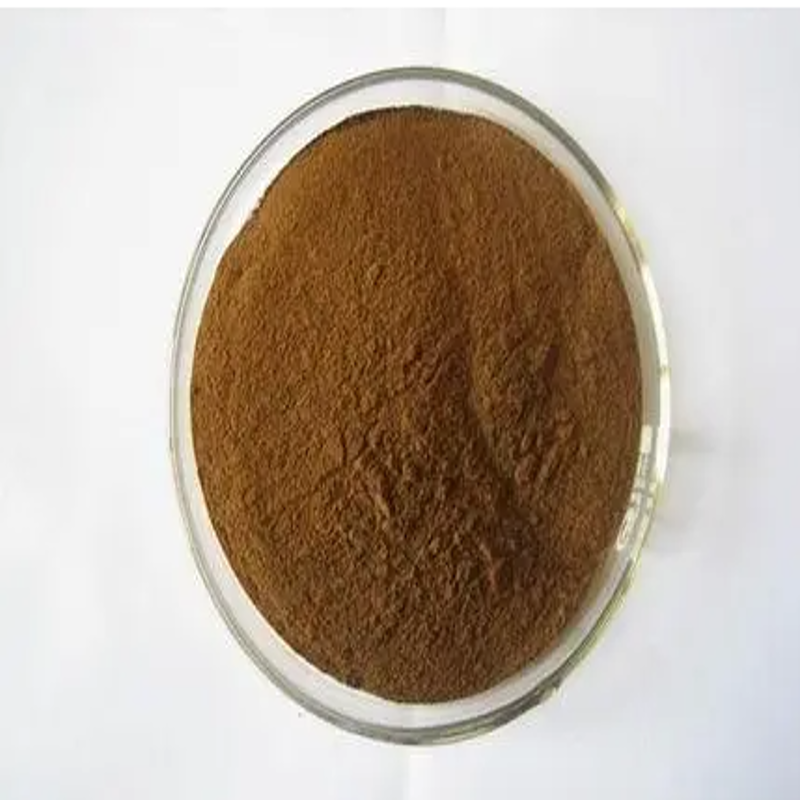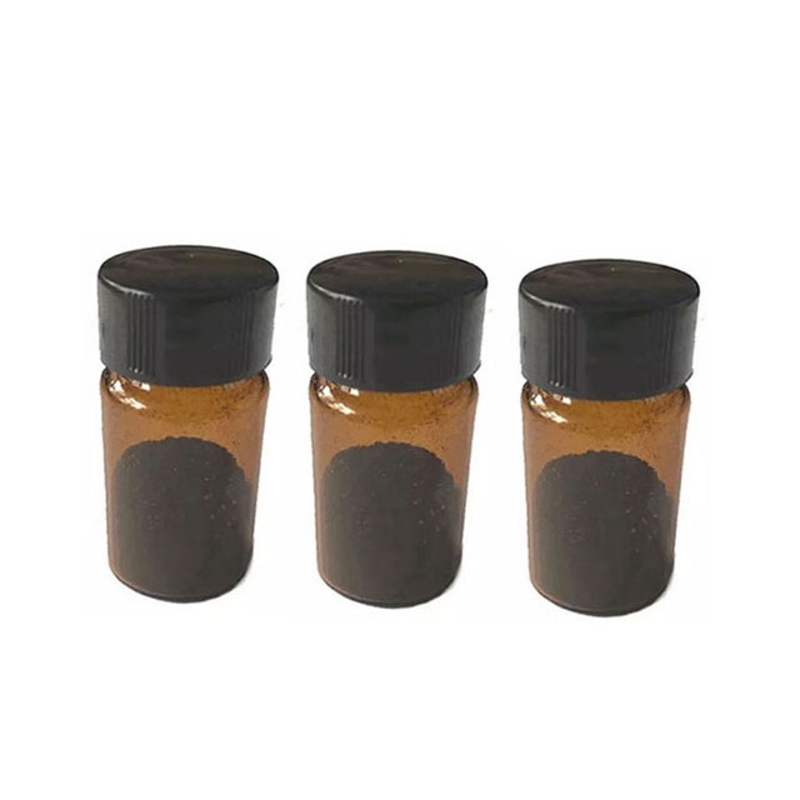-
Categories
-
Pharmaceutical Intermediates
-
Active Pharmaceutical Ingredients
-
Food Additives
- Industrial Coatings
- Agrochemicals
- Dyes and Pigments
- Surfactant
- Flavors and Fragrances
- Chemical Reagents
- Catalyst and Auxiliary
- Natural Products
- Inorganic Chemistry
-
Organic Chemistry
-
Biochemical Engineering
- Analytical Chemistry
- Cosmetic Ingredient
-
Pharmaceutical Intermediates
Promotion
ECHEMI Mall
Wholesale
Weekly Price
Exhibition
News
-
Trade Service
original title: escort for pregnancy - 5 kinds of essential dietary nutrition supplements pregnancy is a very special stage in life, every day ordinary meal shoulder the mother and baby two people's health "heavy responsibility." Although we all know that dietary nutrition during pregnancy plays a key role, many people still have doubts about how
arrange a balanced diet, the need to take dietary nutritional supplements
and so on.with the addition of a new life, what changes have been made in the nutritional needs of mothers-to-be during pregnancy?need for nutrients have different recommended criteria at all stages of pregnancy
.
these criteria vary by region and country, but are consistent with the recommendations for most nutrients, such as the need for a 50 percent increase in folic acid consumption after pregnancy and a 45-50 percent increase in iron intake.. The following table gives us a summary of the functionofof of important nutrients, giving us a better understanding of why it is important to eat adequate lying in these
nutrients during pregnancy
.perhaps some careful mothers have concerns and doubts, so
incremental nutritional needs, in the diet is a challenge
, even if the balanced diet can be guaranteed, it is also possible not to fully meet the standards required for pregnancy?in fact, a recent study in Australia showed that even mothers who ate a balanced diet under the guidance of a doctor and dietido did not have a single participant who met the daily nutritional needs required for the full pregnancy. And this result has to do with a lot of factors. From the food itself, the quality, quality and density of nutrients in current ingredients have been greatly reduced due to soil, water quality, air, pollution and other environmental factors. And from the perspective of the eater, because everyone has individual differences, which includes genetic, medical history, chronic diseases, allergic reactions and other differences. And these differences make our
everyone's nutritional needs, absorption, and even utilization are different.How do you ensure that mothers are getting enough nutrients per day in this complex situation to meet the needs of expectant mothers and babies?Dietary nutritional supplements may help you
this time.
mothers-to-be are more or less exposed to the following five dietary supplements, based on the nutritional needs of pregnancy and the availability of relevant dietary supplements on the market. How to scientifically and rationally ingest and supplement? Here's a question for you.. 1. Folic acidfolic acid is almost the first nutrient that every pregnant mother-to-be comes into contact with and understands. Folic acid supplementation is at the top of the list, both internationally and domestically.
folic acid prevents fetal neural tube malformations, or NTD
, a birth defect caused by incomplete neural tube closure in early embryonic development; Brainless children can't survive, spina bifida will have different degrees of weight and abnormality, although the probability is not very high, but we certainly do not want their babies and families to take such risks.
the National Institutes of Health recommends that folic acid supplementation begin during pregnancy and end at the end of lactation.in our country, if encountered the following conditions should consult a doctor or dietitian for personalized supplementation:grow ingestedin the northern region (related to insufficient folic acid intake in the diet );How dosupplement folic acid?The bioavailability of artificial folic acid
used insupplements is actually higher than that of natural folic acid in everyday foods. The utilization rate of natural folic acid is only about 60% of artificial folic acid. In addition, natural folic acid in the cooking process in the process of loss rate is also very high,
diet alone is difficult to meet the needs of pregnancy.How muchsupplement during pregnancy?the international standards for folic acid supplementation is relatively uniform, taking the National Institutes of Health as an example, the recommended intake of folic acid in general healthy adults over 18 years of age is 400 micrograms, increased to 600 micrograms in the early, middle and late stages of pregnancy, lactation to 500 mg, and recommended in the form of pregnancy, pregnancy and post-partum supplements in the form of
a balanced diet to take 400 micrograms of folic acid per day outside the balanced diet.the maximum tolerance for folate duringpregnancy is UL 1000 micrograms per day (UL is the highest dose of a nutrient per day, exceeding this dose may be harmful to health;
not recommended without a prescription
from a doctor or
dietitian).for women with a history of neural tube malformation, diabetes, obesity, family congenital heart disease, a history of cleft palate, poor gastrointestinal absorption and other diseases, folic acid supplement recommended daily up to 4mg or 5mg, but
need to be supplemented according to individual circumstances and combined with family history, disease history.
this situation, it is recommended to consult your doctor to provide the most appropriate and safe supplement.. The MTHFR 677-bit TT genotype is mentioned earlier, so how do you know if you have an MTHFR gene mutation?. You can go to a medical institution to do a genetic screening, through professional testing to judge.or, you can
directly choose folic acid supplements formulated with 5-methyl tetrahydrofolic acid
. Because this form of folic acid is suitable for the general population, it also applies to people with mutations in the MTHFR gene.caseMs. A 20 weeks pregnant, belongs to the middle of pregnancy, folic acid needs 600 micrograms, daily use of pregnancy compound supplement, folate content of 540 micrograms. On this basis, the dietitian recommends that you eat 200 grams of green leafy vegetables every day, the greener the vegetable color, the more folic acid, such as rape, spinach (after overwater), mustard, chicken hair and so on. Don't worry about eating too much folic acid from food. It is not recommended to supplement the folic acid supplement separately. . 2. Multi-supplements dietary supplements for pregnant women with multivitamin minerals on the market are not only varied in variety, but also have many ways to buy them. It is worth noting that many multivitamin supplementformulations are formulated to address the dietary structure of the product-producing country and local national standards. For example, in Europe and the United States dairy products daily intake more, calcium and vitamin D content in Europe and the United States produced supplementproduct products will be relatively reduced. diet and supplements are important before and during pregnancy. To get a "nutrition package" that suits yourself, every mom
scientifically match a balanced diet and dietary nutrition supplements.
table below shows foods rich in various nutrients, moms can compare their current diets to see what nutrients are missing in our normal lives, adjust our diet sized according to the absence, or
choose dietary supplements.
if your diet is balanced enough, you need to use them carefully for large doses of supplements. . 3. Calcium we need calcium, an essential mineral, every day.
in addition to being able to strengthen teeth and bones, calcium also maintains blood and muscle movement and helps nerves pass information from the brain to other parts of the body. During pregnancy, if there is insufficient supply of calcium in the diet, the fetus will extract calcium from the mother's bones to meet the growth needs, which greatly increases the mother's risk of osteoporosis in the future. How much calcium does add up? the human body can't produce calcium, so we need it from food or dietary nutritional supplements.
pregnant or lactating mothers should consume at least
1,000 milligrams of calcium per day.
for mothers under the age of 18, at least 1,300 milligrams of calcium per day. How do supplement calcium? pregnancy
a variety of conditions can lead to calcium deficiency, such as insufficient calcium in the diet, potassium/sodium/magnesium ratio imbalance, vitamin C or K deficiency, digestive absorption problems and so on. The table below provides a food matching recommendation that can achieve 1000 mg of calcium per day. If you can't get all the amounts from your diet, moms may consider using supplements to increase their calcium intake. 1000g of calcium intake food mixed with recommended use supplements to supplement calcium, pay attention to the daily intake to control the maximum tolerance of
2000 mg
, and at the same time strengthen the supplementation of magnesium and vitamin D and other nutrients, as these nutrients can assist in the absorption and use of calcium in the human body. the choice of calcium supplements should be considered in terms of formulation form, dosage, bioavailability (absorption rate) and so on.
currently on the market calcium supplements by type are inorganic calcium, organic calcium, active calcium, and some newly developed new calcium. Inorganic calcium includes calcium carbonate, calcium phosphate, and calcium chloride, which are only well absorbed when taken at the same time as food, because they are easily absorbed by the intestines only after entering the gastrointestinal tract and binding to stomach acid to form soluble calcium ions. These forms are also more likely to trigger gastrointestinal discomfort and may cause constipation. It's not a good fit for mothers-to-be with stomach acid deficiencies and gastritis. and the form of calcium gluconate and calcium citrate belong to organic calcium, they high solubility do not need to be taken with meals, less stimulation of the gastrointestinal tract. But some of these forms of calcium supplements contain glucose or sucrose, which is not suitable for mothers with abnormal blood sugar. If selected, you should choose a high-purity supplement with accessories that do not add sugars. the best option
at present is new forms of calcium, such as amino acid chelate calcium.
it combines the advantages of organic calcium and inorganic calcium, high solubility, high absorption rate, the stimulation of the gastrointestinal tract is very small, although the price is generally high, but basically suitable for all groups of people. Notes it's best to choose 100-300 mg of small calcium tablets, 2-3 times a day. Research shows that a large amount of calcium tablets at once, but not conducive to absorption and utilization. pregnant women with anemia are advised to stagger the time off if they are taking both calcium tablets and iron, as calcium supplementation may affect iron absorption. Case Ms. B
24 weeks pregnant
, is a vegetarian, daily use of pregnancy compound supplements with a calcium content of 300 mg. After the pregnancy sugar screening was diagnosed with gestational diabetes and low calcium levels. The doctor recommends consulting a dietitian to arrange your diet to control your blood sugar. Ms. B does not drink dairy products in her weekday diet, dodo/noodles, and likes to eat sweets. Since the main food sources of calcium are dairy products, legumes, green leafy vegetables, sea rice, shrimp skins, nuts, and seed foods. For low calcium levels,
dietitians recommend increasing the intake of legumes, green leafy vegetables, and nut/oilseed foods in your diet.
on this basis, you can choose amino acid chelate calcium supplement, with the meal to take, the total amount of calcium throughout the day should not be higher than 2000 mg can be. . 4. Iron increased as much as folic acid during pregnancy, at about 50%. both
are important for the formation of red blood cells. During pregnancy, due to the formation of the fetus, the amount of blood in the mother will be greatly increased, thus "diluting" the blood in the mother." Hemoglobin iron in lean red meat is the best source of iron. Non-hemoglobin iron sources come from plant-based iron or iron in eggs, and the absorption utilization rate is significantly lower than hemoglobin iron, and is susceptible to interference with other nutrients. vitamin C is best consumed with plant-based iron sources and can better help with the absorption of non-hemoglobin iron. If the mother's body iron content is insufficient, the human body will automatically take the mechanism to protect the next generation of adjustment, but also will rob the mother's body iron to meet the basic needs of fetal development.
if iron intake is not increased during pregnancy, even pregnant women with normal iron reserves may experience iron deficiency anemia.
and once mothers-to-be develop iron deficiency anemia, the impact on the health of the baby is very large, such as the cause of premature birth, the baby's low weight, the baby's future intellectual development and behavioral retardation and so on. How much iron make up? there was no increase in demand for iron in the early stages of pregnancy compared to pre-pregnancy, and from the middle of pregnancy, the demand for iron gradually increased, with the Chinese Academy of Nutrition recommending an increase from 20 mg in the early stages of pregnancy to 24 mg and 29 mg in the latter stages of pregnancy. Pregnant women who are healthy or mildly iron-deficient can supplement sufficient amounts of iron from a reasonable diet.
mothers-to-be who don't lack iron don't need to make up extra iron. How do make up iron? recommends adding a total of 20-50 grams of lean red meat to three meals a day, eating animal guts or animal blood 1-2 times a week, but be sure to clean up, select qualified meat products to ensure food safety. Once the storage iron is exhausted, it is difficult to replenish enough iron quickly only through food, which usually requires iron supplementation. Especially in pregnancy once anemia is detected, iron selection and the amount of supplements, in strict accordance with the clinician or nutritionist doctor's instructions to implement. First let's look at which foods.







